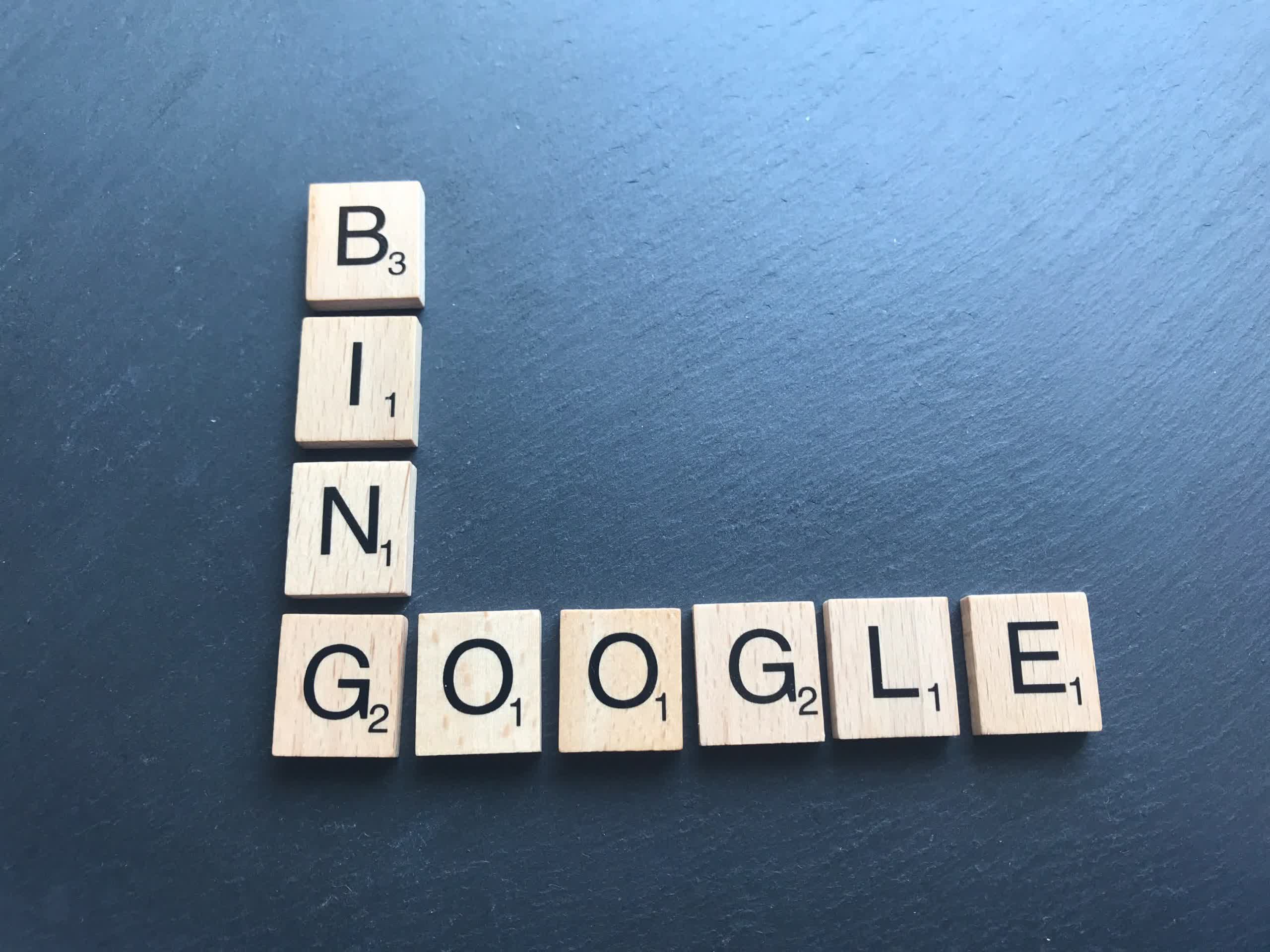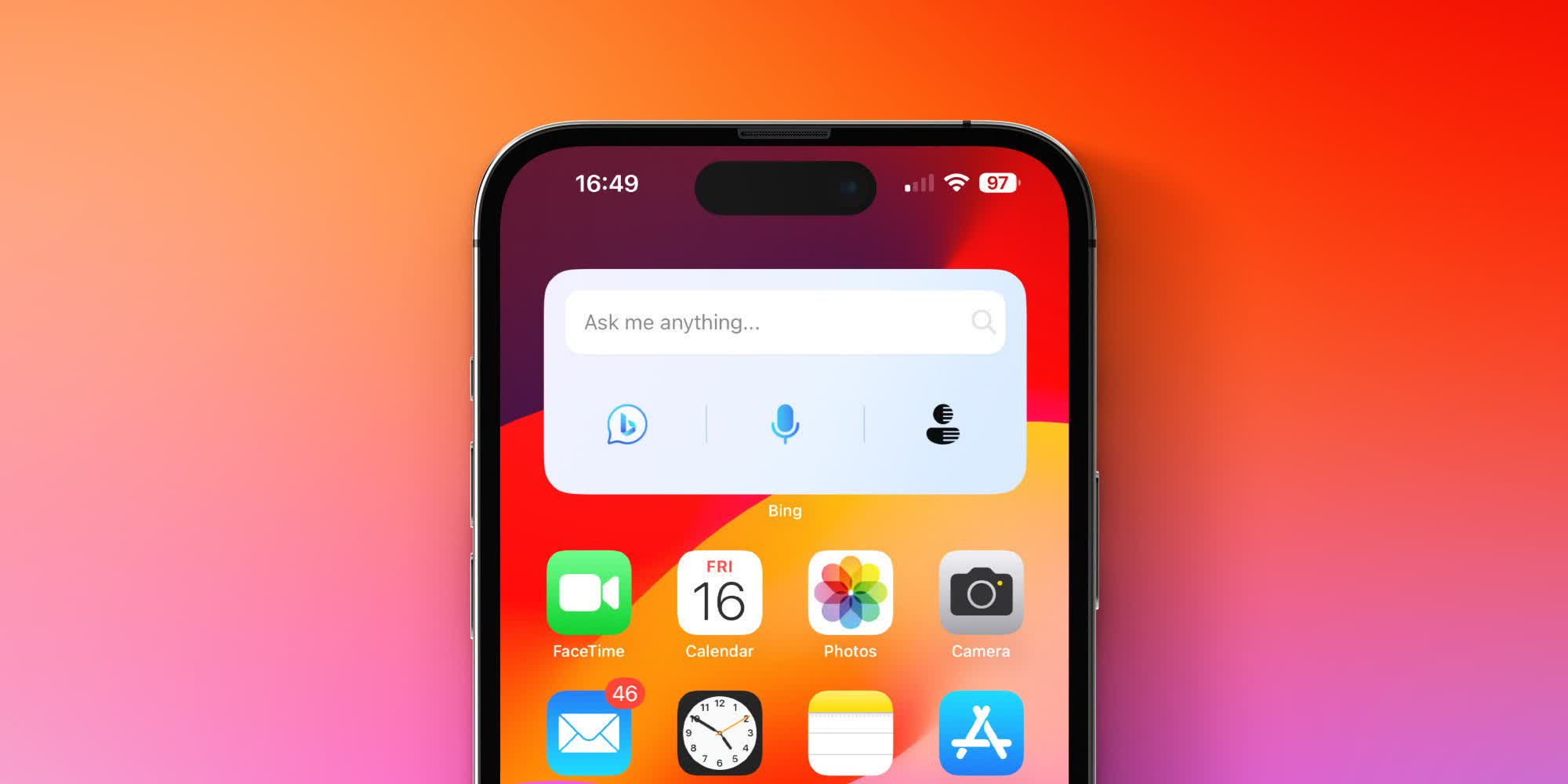TL;DR: Information from the Google antitrust trial is flowing again now that the judge ruled that the Justice Department can resume publicly posting evidentiary documents. One of the latest tidbits from the hearing is that Microsoft recently tried to sell Apple its Bing search engine.

Bloomberg notes that executives from Microsoft tried to cut a deal with former Apple Services VP Eddie Cue to buy Bing in 2020. If the deal had gone through, Cupertino would likely have canceled or refused to renew its long-standing contract to keep Google the default search engine on its devices.
Unfortunately for Microsoft, the talks fizzled out in the early phase, which is no surprise. Bing's market share is much less attractive than Google's 90 percent slice of the pie. Apple was already collecting an estimated $19 billion per year from Alphabet without the extra hassle of maintaining a search engine.
Buying Bing didn't make good business sense, so the talks never moved out of the "exploratory stages."

Bing has never caught any traction since Microsoft unveiled it in 2009, and for good reason. As one who tried to move to Bing to get away from Google, I was unimpressed and unsatisfied with Bing's search results in the early days. It may have improved over the years, but first impressions are the most lasting, and the stats prove it.
Bing is the second-place search engine worldwide, but the gap between first and second is an ocean. As of August 2023, StatCounter lists Google as holding 91.85 percent of the search engine market to Bing's 3.02 percent.
Despite Bing's measly standing, testimony from Microsoft's chief of advertising and web services, Mikhail Parakhin, revealed that Apple was able to use Bing to leverage more money from Alphabet under the threat that it would make it the default on more than 2 billion devices, which includes 1.65 billion iPhones.
Whether this information helps or hurts the Justice Department's case is hard to say. On the one hand, it demonstrates that if a giant like Microsoft could not compete with Google, how could smaller search engines like DuckDuckGo? On the other, it illustrates that competition within the market does exist to the extent that Apple could use Bing as a bargaining chip. If no choice existed, Alphabet could have told Apple to take a hike when it asked for a larger revenue share.
https://www.techspot.com/news/100335-apple-briefly-considered-buying-bing-microsoft-2020-google.html